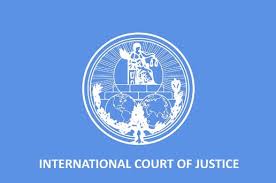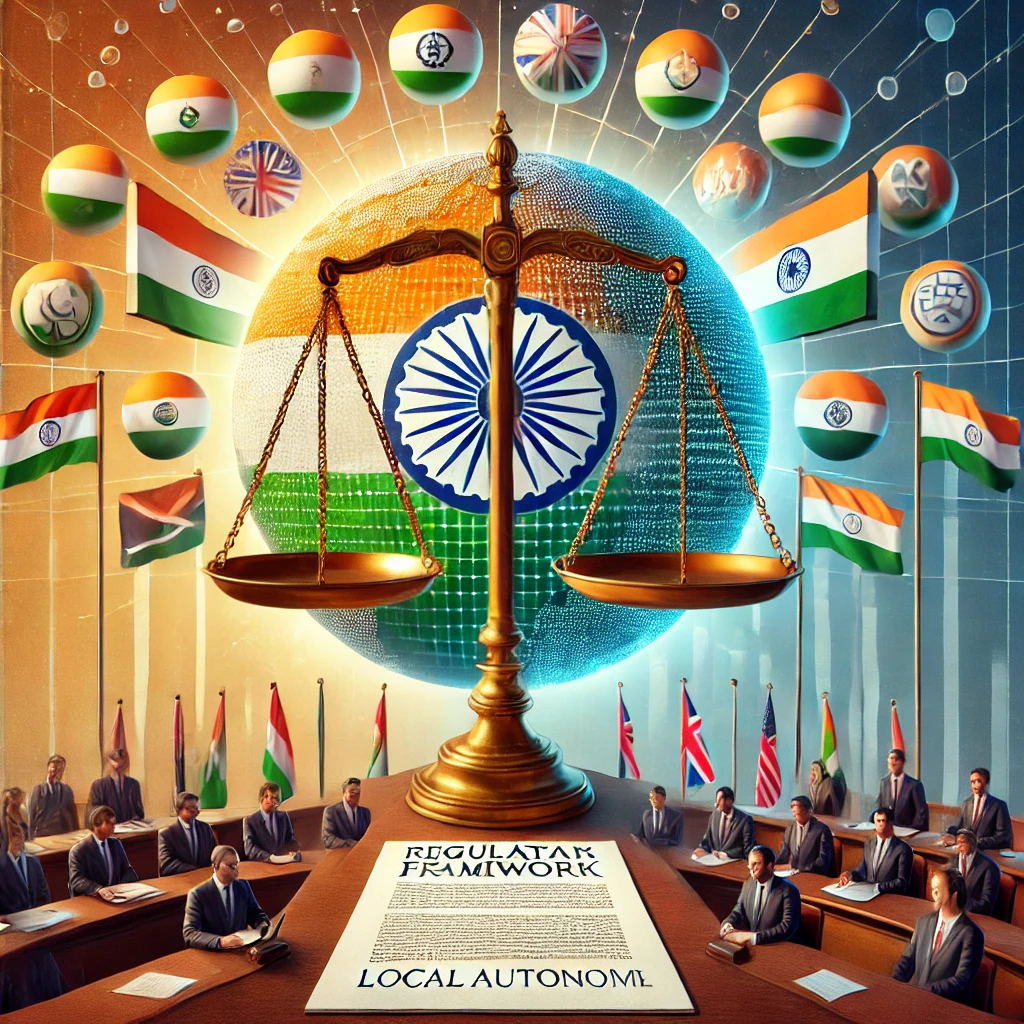Compulsive Means of Settlement of International Dispute: Retortion, Reprisals, Embargo, Pacific Blockade, and Intervention
🔷 Compulsive Means of Settlement of International Disputes
These are methods used by one State to pressure another State into compliance or to punish it for wrongful acts. They are unilateral acts that are often coercive and may fall short of war but still impose serious consequences.
1. ✅ Retortion
➤ What is it?
Retortion is a lawful but unfriendly act by one State in response to another State's unfriendly conduct.
It doesn’t violate international law, but it’s done to express disapproval or cause inconvenience.
➤ Example:
A country expels diplomats, imposes visa restrictions, or cuts cultural ties in response to hostile speech or policies.
➤ Case Example:
In the United States v. Iran (Tehran Hostage Crisis), when U.S. diplomats were held hostage in Iran (1979), the U.S. cut diplomatic ties and imposed retortion measures, which are legal but unfriendly.
2. ✅ Reprisals
➤ What is it?
Reprisals are illegal acts that become lawful when used as a response to an earlier illegal act by another State.
It's a form of retaliation, intended to force the other State to cease the wrongful act or make reparations.
➤ Example:
If State A illegally seizes a ship belonging to State B, then State B may seize a similar ship in retaliation — not normally legal, but justified under reprisal.
➤ Case Example:
Naulilaa Incident (Portugal v. Germany, 1928)
German forces attacked a Portuguese fort in Angola in retaliation for the killing of German nationals.
The tribunal found the reprisal disproportionate and unjustified, setting limits on reprisals.
3. ✅ Embargo
➤ What is it?
An embargo is a State’s decision to prohibit trade or economic exchange with another State.
It’s used as a pressure tactic to force a change in behavior or policy.
➤ Types:
Total Embargo: All trade stopped.
Partial Embargo: Only certain goods/services banned.
➤ Example:
One country may refuse to sell oil or arms to another as punishment for aggression or human rights violations.
➤ Case Example:
Though not a formal case, the U.S. embargo against Cuba is a classic example of a long-term embargo used for political pressure.
4. ✅ Pacific Blockade
➤ What is it?
A pacific blockade is the naval blocking of a country’s ports during peace time, without declaring war.
It’s a show of strength meant to pressure a State without engaging in full-scale war.
➤ Key Point:
It must be limited, proportionate, and used for peaceful pressure, not conquest.
➤ Case Example:
Greek Blockade by Britain (1827) — British navy blocked Greek ports to compel action without declaring war.
Pacific Blockade of Venezuela (1902–03) by Britain, Germany, and Italy to force Venezuela to repay debts.
5. ✅ Intervention
➤ What is it?
Intervention means interfering directly in the internal or external affairs of another State.
Usually done through military, economic, or political means.
Highly controversial, and often violates the principle of sovereignty.
➤ Types:
Humanitarian Intervention: To prevent mass atrocities (e.g., genocide).
Political Intervention: Supporting one group in another country.
Military Intervention: Direct use of armed forces.
➤ Case Example:
Nicaragua v. United States (ICJ, 1986)
The U.S. was found to have violated international law by supporting rebels (Contras) in Nicaragua and mining its harbors.
The court ruled that coercive intervention was illegal under international principles.
🔁 Quick Comparison Table
| Method | Nature | Legal? | Purpose |
|---|---|---|---|
| Retortion | Unfriendly act | ✅ Yes | Express disapproval |
| Reprisals | Retaliation | ⚠️ Conditional | Force cessation of illegal act |
| Embargo | Economic pressure | ✅ Yes | Change in behavior or policy |
| Pacific Blockade | Naval pressure | ⚠️ Limited | Coerce without war |
| Intervention | Coercive interference | ❌ Often No | Direct control or influence |
🎯 Conclusion
These compulsive methods are forms of statecraft used when peaceful negotiations fail. Some, like retortion and embargo, are within the bounds of international behavior. Others, like reprisals and especially intervention, are riskier and can be legally and morally challenged.












comments